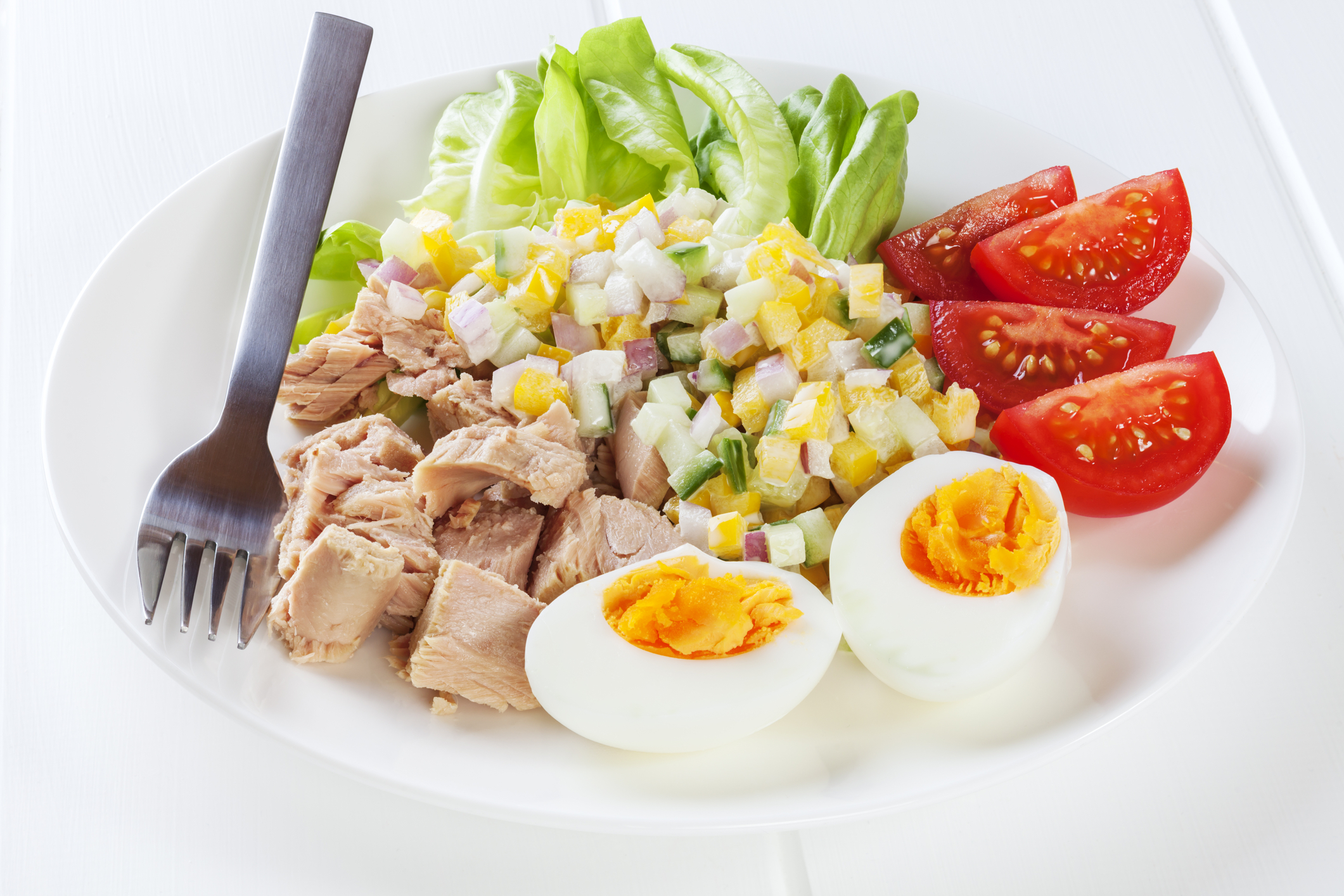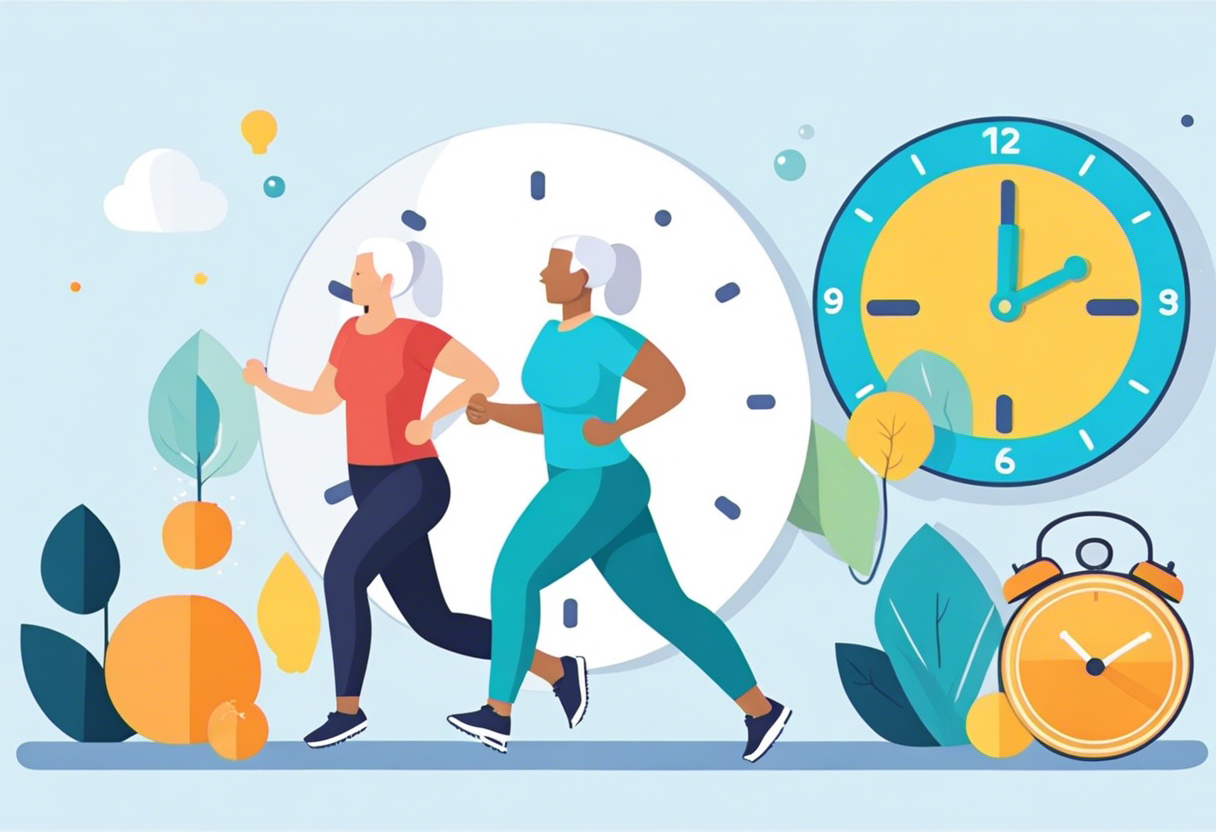Five Prime Diet Strategies for Women Aged 60 and Beyond - Your Ticket to Vitality
While aging naturally triggers certain physiological changes, a balanced diet can significantly control their impact. As women cross the age of 60, requirements for certain nutrients increase, while the need for others decreases. Starting a diet plan revamping essential elements can yield sustainable benefits.
To begin, consider increasing the intake of Calcium and Vitamin D. Both are critical for bone health, which often deteriorates post-menopause. Aim for 1,200 mg of Calcium daily, and at least 10-20 mcg of Vitamin D. Nutrient-dense sources like dairy products, fish, fortified cereals, and sunshine for Vitamin D are essential.
Next, seek to maintain a healthy B12 level. B12 helps keep the body's nerve and blood cells healthy. However, some people over 60 find absorbing B12 from food challenging. Therefore, consider fortified cereals or supplements after consulting a professional.
Reduce your Sodium intake to combat high blood pressure, a common problem amongst senior citizens. Seek creative ways to add flavor, like spices and herbs, instead of salt.
Lastly, maintain your hydration. Water helps regulate body temperature, keeps joints lubricated, and aids digestion. Aim to consume at least 2 liters daily.
Portion Control

Eating the right amounts of food is as crucial as eating the 'right' foods. As you age, your metabolism slows down; hence, you might need fewer calories. Therefore, portion control becomes an integral part of a well-rounded diet plan.
Meal planning could be an effective way to manage portion sizes. Planning your meals ahead allows you to make mindful choices and avoid overeating.
Smaller, more frequent meals instead of large ones could also help keep blood sugar levels stable, improve digestion, and prevent overeating.
Using smaller plates and bowls can also help give the illusion of a fuller meal while controlling the portion size. Avoid eating directly from boxes or bags, as this can easily lead to unconscious overeating.
Regular Physical Activity

Maintaining an active lifestyle complements your diet and enhances your overall health. As you age, regular exercise helps maintain muscular strength, flexibility, and balance, reducing the risk of falls and injuries.
Exercise doesn't necessarily mean hitting the gym. Activities like brisk walking, dancing, yoga, or even gardening can be great ways to stay active. The aim should be to clock in at least 150 minutes of moderate activity every week.
Remember, any physical activity should ideally be complemented by a protein-rich diet, which aids in muscle growth and recovery. Consuming lean meats, legumes, and eggs can help meet these protein requirements.
Regular Health Check-ups

Frequent health check-ups become more crucial as you age. Regular screenings can help detect potential issues and provide a roadmap to adjust your dietary strategies accordingly.
Key tests should include blood pressure readings, cholesterol levels, bone density tests, diabetes, and screenings for cancer.
These check-ups can help tailor your diet plan according to your health necessities and medication. Remember, a diet is as effective as the underlying health parameters allow, so ensure to keep a strict check on your overall health.
Cultivating a Positive Mindset

A well-nourished body needs a well-nourished mind. As the body ages, so does the mind, and dietary approaches can help maintain cognitive health. However, the fundamental step towards cognitive well-being is maintaining a positive outlook.
To keep a positive mindset, avoid stress. Chronic stress releases the hormone cortisol, which can lead to weight gain. Practice mindfulness and relaxation techniques such as deep breathing, meditation, or yoga.
Include brain-boosting foods in your diet. Omega-3 fatty acids help maintain cognitive function. Foods like fish, walnuts, and chia seeds are rich in omega-3 fatty acids.
Remember, social interactions also play a crucial role in maintaining mental health. Engaging in family gatherings, meeting friends, or even volunteering at community centers can give a sense of connection and purpose.
Listening to Your Body

As cliché as it sounds, your body does communicate its needs. This communication becomes more significant as you age, and your body's nutritional needs change. Hunger is complex and individual to every person, and so are the signs your body shows.
Take note of hunger and fullness cues that your body gives. Over time, you will be able to discern between real hunger and emotional or boredom-induced hunger.
Staying in tune with your body helps in identifying food intolerances and allergies. Common symptoms may include bloating, stomach pain, or congestion after eating certain foods.
Remember, it's never too late to listen to your body and make necessary dietary adjustments. You have the control to shape your health as you desire. The crucial point is to start and stay committed.